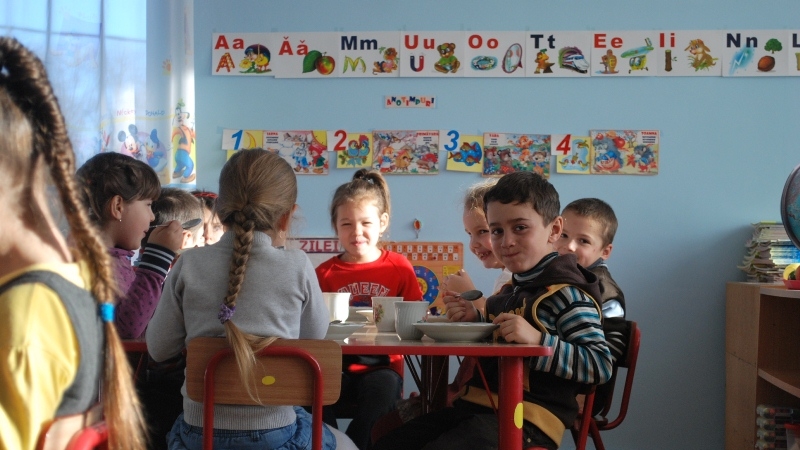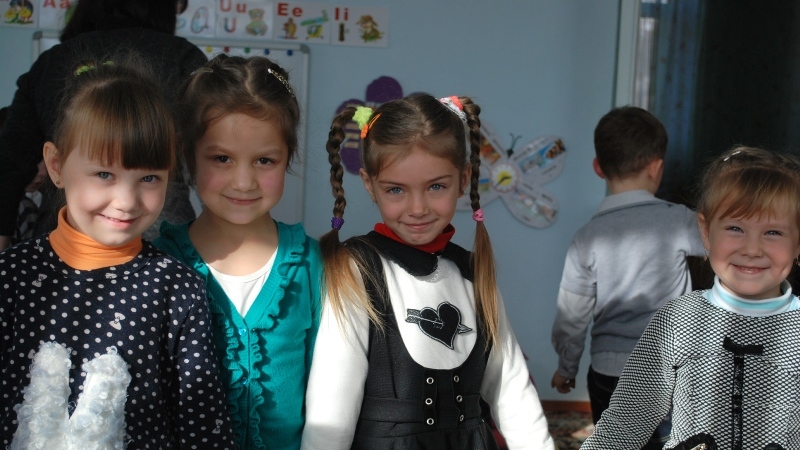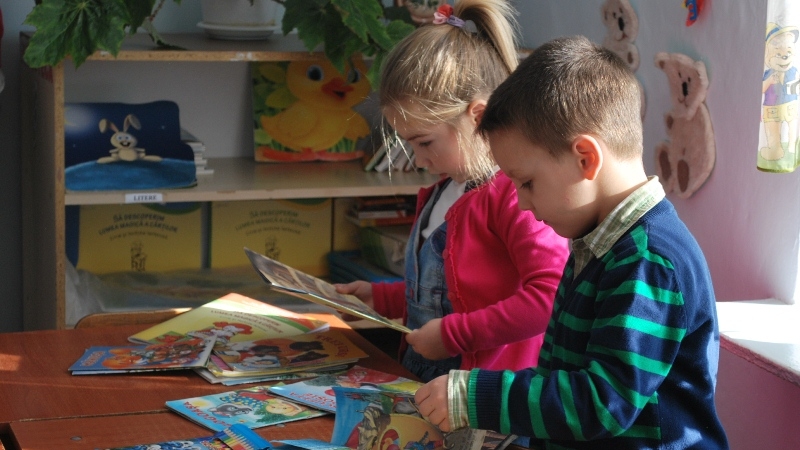Bank Group Contribution
As a result of the 2008–09 global economic and financial crisis, the Government of Moldova was facing larger macro-economic challenges that pushed the preschool education agenda off the list of top priorities within a broader education sector strategy that included funds for required investments in physical infrastructure. A series of GPE grants (previously known as EFA-FTI) helped fill this financial gap. The US$13.2 million in grant funds has not only helped to close the financial gap for this activity, but more importantly, it has accelerated by two years Moldova’s achievement of its Millennium Development Goal (MDG) 2015 target for the preschool gross enrollment ratio (78 percent).
Partners
The GPE grant is implemented by the Ministry of Education. The Bank, as grant administrator and supervising entity, and the United Nations Children’s Fund (UNICEF), as lead GPE donor agency in Moldova, are providing technical support through joint implementation support missions and participation in a Project Advisory Group. The GPE grant and donors (particularly UNICEF and the World Bank) provide parallel and coordinated financing to certain parts of the government’s education strategy; regular donor meetings are held to monitor grant implementation, coordinate country program interventions, and review CSED implementation.
Moving Forward
The sustainability of the GPE grant depends to a large extent on the Ministry of Education and local authority ownership. Specific measures have been built into its design to ensure sustainability. In particular, while roughly 35 percent of project funds are allocated to civil works and endowments of kindergartens with furniture/equipment, the project’s maintenance is the responsibility of local authorities. The interventions have a community-driven development approach with a minimum community contribution of 15 percent of the total cost of renovations. Activities such as the innovative mentoring program, a nationwide kindergarten-based teacher training activity, are expected to become part of the system through institutionalization and through stipulations in new legislation currently subject to approval (the Education Code).




